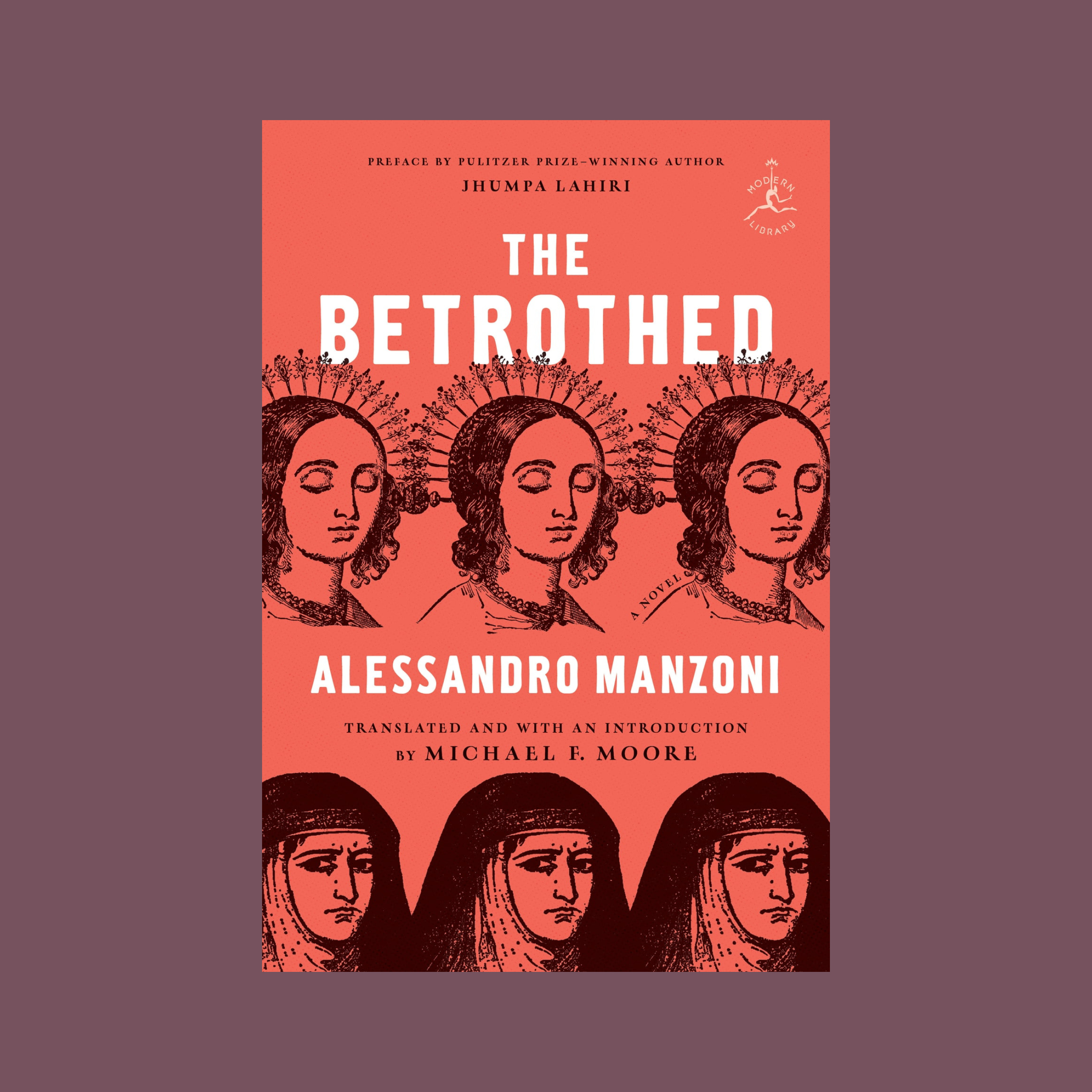APS TOGETHER
Day 31
The Betrothed by Alessandro ManzoniChapter 24 (to end)
March 23, 2023 by Michael F. Moore
In the second half of this chapter, we encounter the happy family returning from the mass celebrated by the Cardinal Archbishop. The tailor is a singular character, literate, but his reading list consists solely of popular fare, such as chivalric romances and the highly fictionalized lives of the saints. He does feel somewhat superior to his fellow villagers:
“If you asked them to repeat exactly what [the Cardinal Archbishop] said, they wouldn’t be able to fish out a word. But they have the feeling inside.”
In his quest for grandiloquence, however, the best he can come up with when he speaks with Borromeo is, “Think nothing of it!”
Don Abbondio hopes to deter Agnese from reporting his behavior to Borromeo.
“But Agnese, well aware that the good man was only pursuing his own interests, left him standing there without making any promises, and indeed without deciding anything, for she had more important matters on her mind.”
Another “meta” moment:
“As the reader knows all too well, it was a story that no one person knew in its entirety.”
Manzoni is commenting not only on his fiction, but also on the writing of history, as we shall see later.
“We were also partly to blame.”
Lucia is an enigmatic character, utterly sincere in her faith, but an easy target for the less righteous. Perpetua called her a “Madonnina infilzata,” which I translated as a “goody-two-shoes.” In Italy, one tradition sees her as a model for Italian womanhood, never voicing her opinions but always steering her husband in the right direction. I see her more in the lineage of Dante’s Beatrice or Petrarch’s Laura, who were more symbols incarnate than actual characters.
Lucia has also been the object of frequent parody on Italian television, most famously in the skits of “Il trio.”
Page 409. The Nameless One takes his leave. In the paragraph beginning on this page, Manzoni shifts into a poetic register (remember that he was a poet before he became a novelist), with the repeated refrain of “Yet he was tired,” “Yet he was tired.” It’s almost a lullaby, singing us to sleep with the reformed man.
